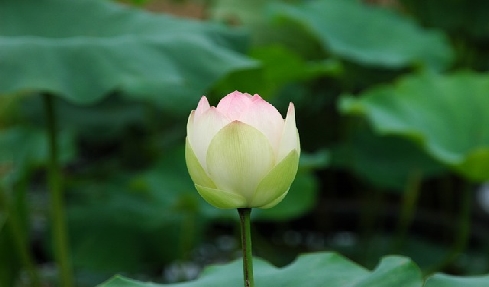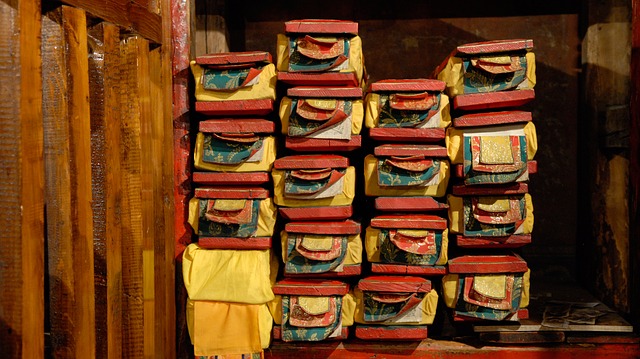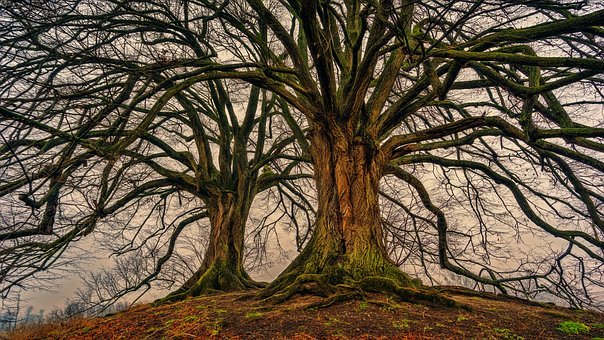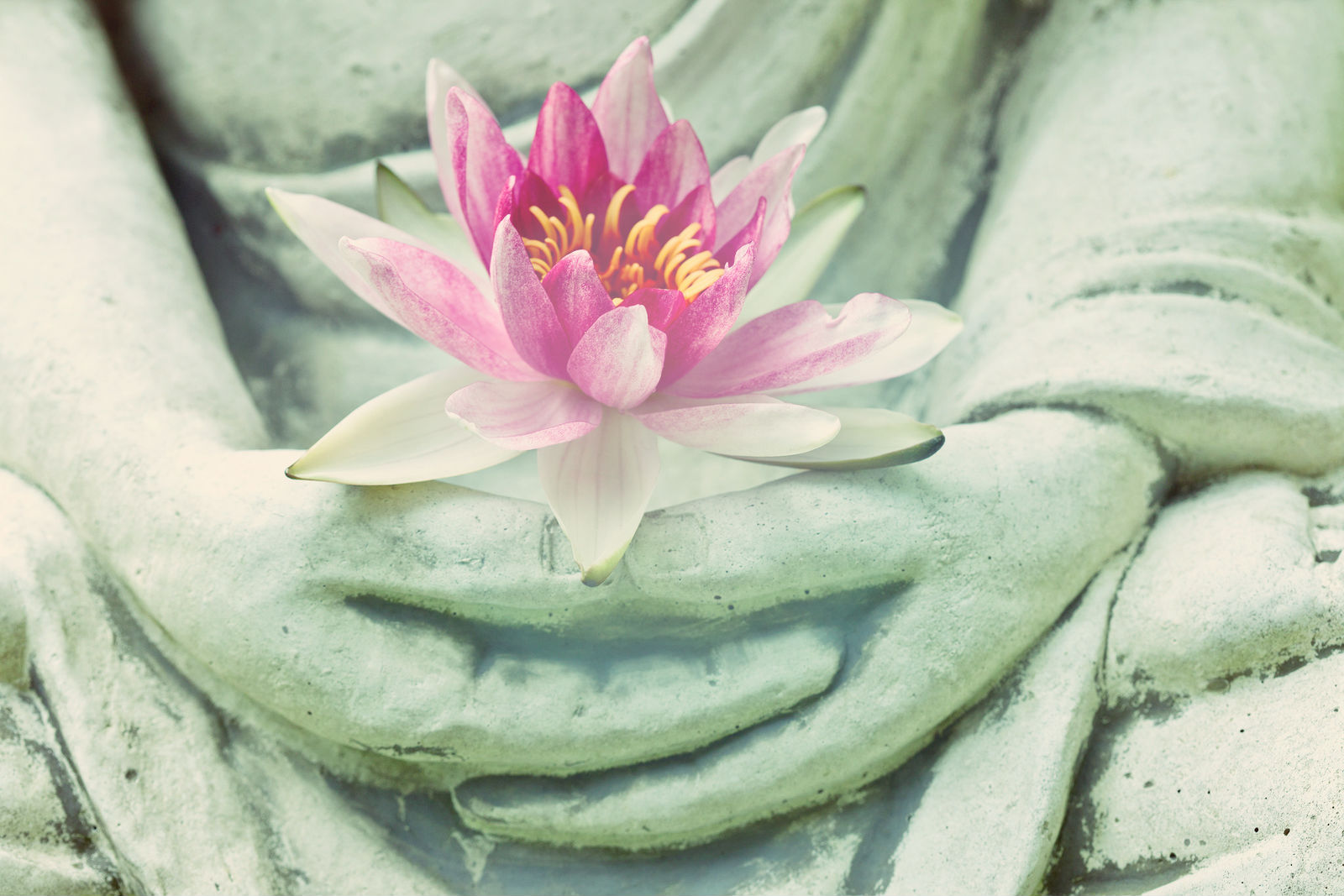Some non-Buddhists think that karma dictates the arising of all phenomena. Whether a person has a good life, or even how early or late one can eat, is predetermined and hence immutable. However, this is not the Buddhist view. Buddhism holds that physical suffering and misfortune all have various contributing factors as their causes. Some illnesses, the so-called karma-induced illness, originated from previous life. They are medically incurable, no matter how much money is spent. These may be attributed to karma. If you have a cold, headache, or fever, it may also be karma related, but not necessarily caused by karma from the past lives. Hence, karma is sometimes directly responsible for certain things to take place, but other times may not be so directly involved. The point is, in all matters, Buddhism has always opposed taking the dualistic approach, affirming one while negating the other. The same applies to karma.
~Depicted from THE RIGHT VIEW - On Cause and Effect











